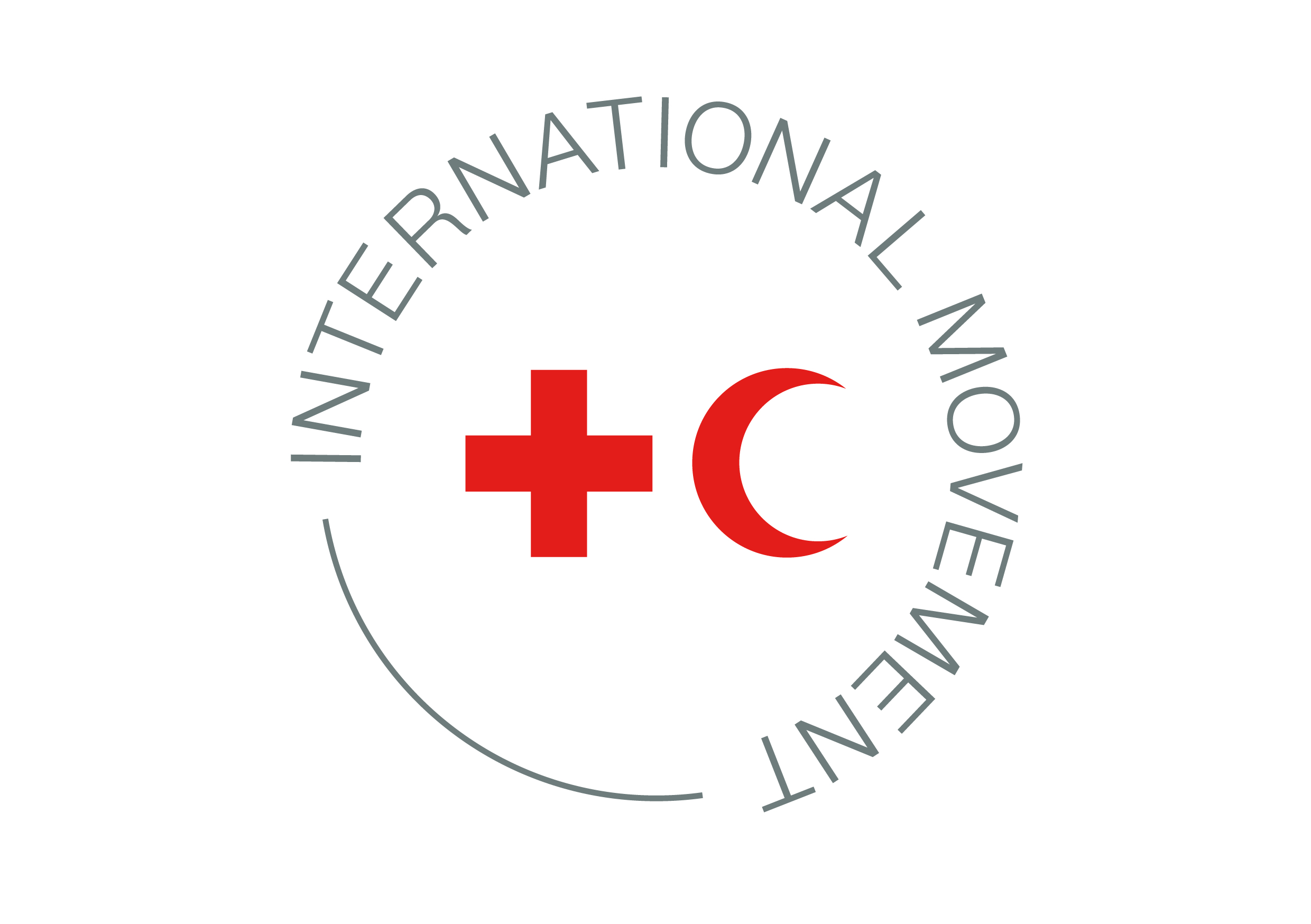A) Objectives of the pledge:
We are deeply concerned by the increased numbers of media professionals who have been killed, tortured, abducted, harmed, arbitrarily detained or have disappeared in recent years, including in armed conflicts, as a result of practising their profession.
Impunity for murders of journalists and those who perpetrate violations of international humanitarian law and human rights law is also deeply troubling. In far too many cases, the perpetrators of crimes against journalists are not brought to justice. Failure to address these crimes sustains the cycle of violence against media professionals.
Media professionals, in reporting on armed conflicts, play a critical role in informing the public about events that may otherwise go unnoticed. Further, owing to the nature of their work, they may be more active in areas of armed conflicts than other civilians. Civilian media professionals, so long as they are not directly participating in hostilities, are protected as civilians under international humanitarian law. In addition to these protections, media professionals also have certain responsibilities. They must not be attacked, but they must respect the law and should report accurately.
We, with appropriate support from National Red Cross and Red Crescent Societies and media organisations, will explore and give effect to concrete ways to enhance the ability of media professionals to carry out their professional mission during armed conflicts.
B) Action plan:
Signatory States and National Societies, working together as appropriate, pledge to take the following actions before the 34th International Conference:
- Reaffirm that journalists, media professionals and associated personnel in professional missions in areas of armed conflict must be considered as civilians, and respected and protected as such, provided that they take no action adversely affecting their status as civilians.
- Encourage the understanding of the protections and responsibilities of media professionals through the provision of appropriate awareness-raising and training for media professionals and, where necessary, media organisations, armed forces and security forces, the judiciary, civil servants, academics and civil society;
- Press for accountability for those who use deliberate violence against media professionals, to break the cycle of violence
- Consider the development of relevant practical measures designed to minimise harm to media professionals operating in armed conflicts.
C) Indicators for measuring progress:
- Translations/publications of handbooks or field guides highlighting the protections and responsibilities of media professionals under IHL
- Increase in promotion, awareness-raising and/or training on protections and responsibilities of media professionals
- Increase in accountability against those who use deliberate violence against media professional
D) Resource implications:
N/A

